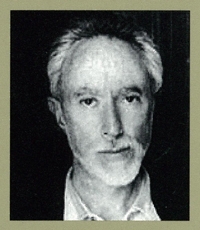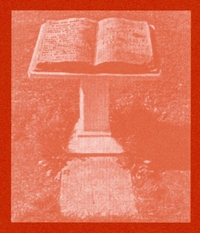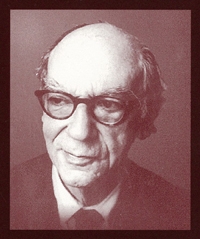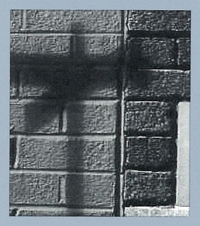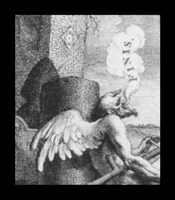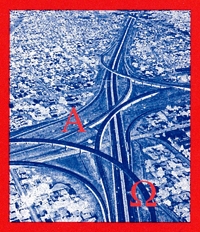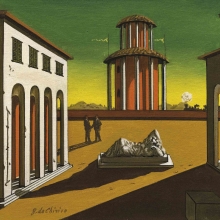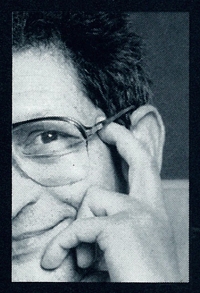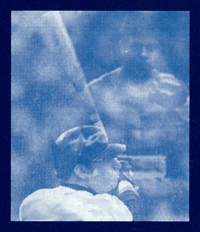Occasional Papers
The Novel in Africa is the text of November 1998’s Una’s Lecture, delivered by South African novelist J.M. Coetzee. While a Coetzee text, one critic notes, “typically produces irritation or discomfort,” The Novel in Africa produces surprise as well: the lecture is embedded in a fiction, and functions as both a lecture and a segment in a short story.
As part of the Townsend Center’s 1997-1998 “Futures” program, Alan Liu conducts a full-scale inquiry into the prospects for literary knowledge in an information age driven by digital technology, management systems, and corporate economics.
Isaiah Berlin’s biographer, noted writer and broadcaster Michael Ignatieff, speculates about the relationship between philosophy and aging, and asks what philosophy had to do with Berlin’s equanimity in old age. Robert Alter, Professor of Hebrew and Comparative Literature, and Michael André Bernstein, Professor of English and Comparative Literature, respond to Ignatieff, assessing the role of philosophical reflection at any stage in a life trajectory.
Czech writer Ivan Klima investigates the connections between fiction and history: how these seemingly different areas of inquiry bleed into one another, especially in times of political turmoil. The main paper is followed by a discussion of Ivan Klima with Michael Heim, Czesław Miłosz, and Martina Moravcova of literature in post-Communist Central Europe, and a vignette written by Klima about his residency in Berkeley.
“We have reached the end of the history of art,” says Arthur Danto. Contemporary arts exist laterally in such a myriad of forms and theories that one can no longer give art’s progression a narrative format. Danto's essay, and the discussions that follow it, explore the ramifications of this position.
Mike Davis gives us an apocalyptic view of the filmic rendering of Los Angeles, informed by representations of race and viewed from cultural and literary standpoints. He points out how much of what we experience as “popular” culture—the film and television industries, for instance—is implicated in the patterns of oppression endemic to our society.
Opera and theater director, teacher, and activist, Peter Sellars muses on the possibilities of art and inspiration in a world without government funding.
Kathleen Woodward explores the workings of reminiscence and of life review—one fragmentary, the other totalizing—and their importance, what they have to offer to a life as it passes into old age. Woodward, Scharlach, and Fabe explore these themes in terms of what they mean to human life, human relationships and the process of aging.
This unusual Festschrift for Amos Funkenstein, introduced by Professor Robert Alter, was made possible through the collaborative efforts of the Townsend Center, the Department of History, and the Koret Chair in Jewish Studies. Professor Funkenstein held the Koret Chair at the time of his death in November 1995. This volume contains four essays selected from a memorial conference held to honor the memory of Funkenstein.
This Occasional Paper explores the importance of both charisma and performance in the analysis of sport(s). For Gerald Early, sport offers grounds on which to examine race, masculinity, and even more broadly, the “symbols and metaphors of our society;” it is about merit, justice, desire, and will.
